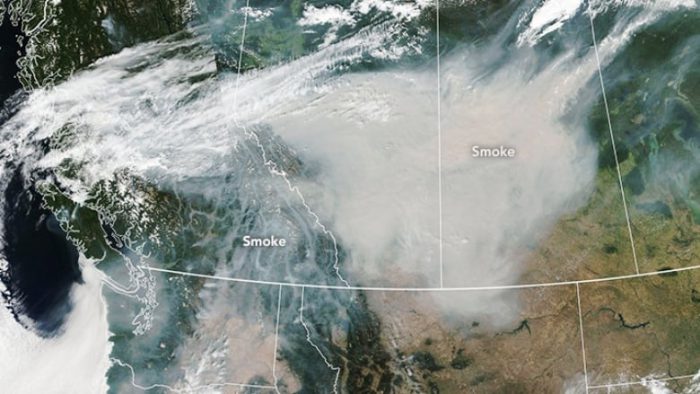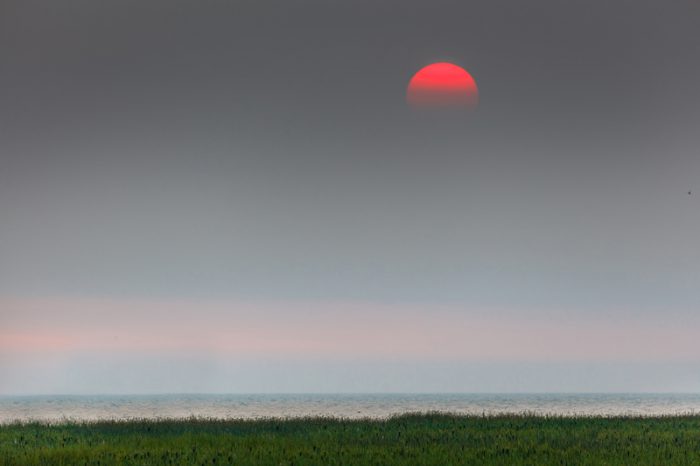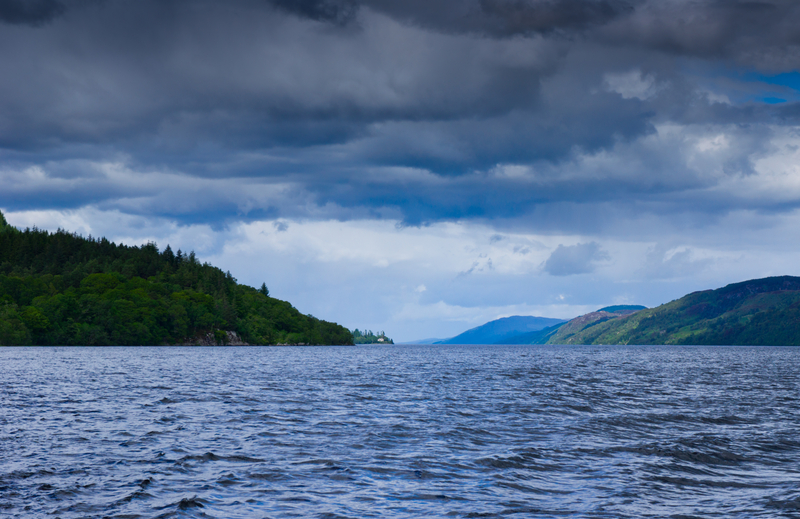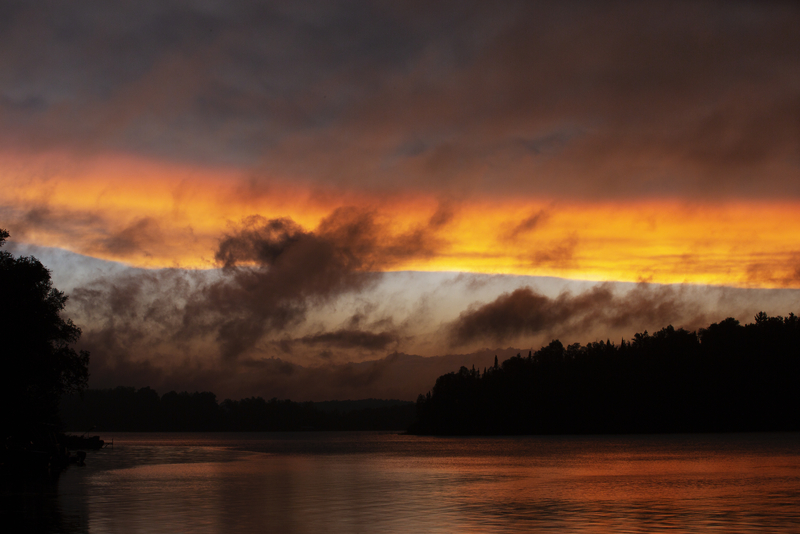Last summer, wildfires in British Columbia caused large evacuations and led to weeks of nervous firefighting. So far, this summer is repeating the pattern. In some ways, B.C. wildfires are even worse in 2018.
There are 560 separate fires burning across the province. About 56 of those (or one in ten) are "wildfires of note"—according to the B.C. government, this means that they are large enough to be either "highly visible or a concern to public safety". The largest ones—such as the Shovel Lake fire and the Meachen Creek fire—alone cover tens of thousands of hectares and have scorched areas the size of a major city like Dallas, Texas. Thousands of people have been evacuated from cities and towns in central B.C., while others, like Kimberley, have thousands more on high alert.
Where there's smoke...

The smoke from the B.C. wildfires as seen from space on August 15. (NASA Earth Observatory/NASA GSFC/Lauren Daphin)
With any fire, the flames are only part of the worry. Smoke can be just as dangerous. And it is almost everywhere.
Many firefighters are saying that the smoke from the B.C. wildfires is the worst that they have ever seen. It is so high and thick, that it is visible from space. It has caused dozens of flight cancellations in central B.C., and is visible through almost the entire province.
Flying is not easy in many parts of B.C. (Getty Embed)
Cities like Prince George, Kelowna, Kamloops, Quesnel, and more have an air quality that is rated as 10+, which is extremely bad. Warnings have even extended miles away to Vancouver, B.C.'s largest city.
These photos posted on Twitter last Friday show that the smoke was so thick in Prince George that it still looked like nighttime even after the sun had come up.
The sun rise took place in Prince George an hour ago and it is still pitch black because of the smoke. #BCWildfire pic.twitter.com/uz76rfKroR
— Richard Zussman (@richardzussman) August 17, 2018
Water wreckers
After large fires, excess phosphorous is washed into lakes and ponds, leading to an unhealthy explosion in algae for years to come. (Getty Embed)
Then there's what is happening to the water. Like a lot of Canadian provinces, British Columbia is full of lakes, rivers, and creeks. These are important natural ecosystems. They are also a place of summer recreation and a vital supply of freshwater.
But the B.C. wildfires can affect the health of this water over the long term. Studies analyzing past fires show that intense wildfires led to stronger erosion and runoff of chemicals such a phosphorous into the water in large amounts.
Phosphorous is a natural and even essential element for life. But in large quantities, it can lead to huge amounts of algae and water bugs, which choke off other forms of wildlife in lakes and ponds. And over time, this can harm the quality of drinking water, as well.
Emergency work
Thousands of people are working to bring relief to B.C. (Getty Embed)
When you add all of this together, it's not surprising that a state of emergency was declared August 15th in B.C. This allows the province to do things like ban travel to certain areas, or control prices on essential items so that they are still affordable to those in needs.
Fortunately, there are around 3,600 firefighters working on stopping the B.C. wildfires. Hundreds of them have come from other parts of the country—some even from around the world. There are also over 100 Canadian Armed Forces personnel helping out. This is a good thing, because for now, it looks like help could be needed for weeks to come.
 Smoke from the wildfires has traveled across the province, affecting air quality from coastal Vancouver to Saskatchewan. (© Feng Yu | Dreamstime.com)
Smoke from the wildfires has traveled across the province, affecting air quality from coastal Vancouver to Saskatchewan. (© Feng Yu | Dreamstime.com)










Since I live in BC, all I’ve read here is true. The moment I step outside, it’s really hot. The smoke is really visible and thick. But I saw on the news that the smoke will clear up soon, so that’s a relief.
I live in AB and it’s sometimes is night like all day. You can do it Firefighters! 🙂